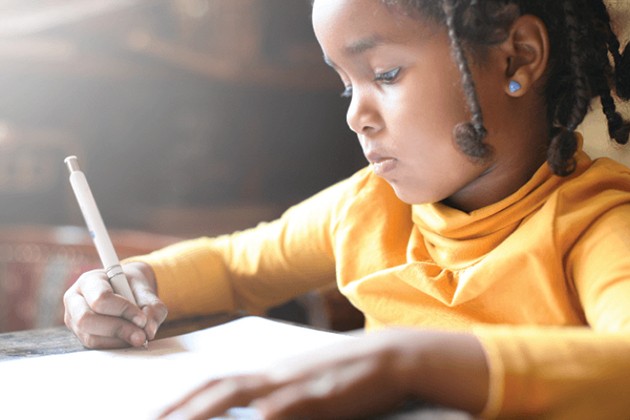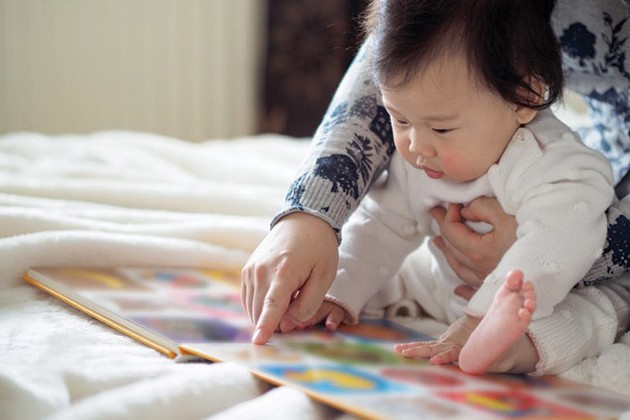Five Tips for Helping Kids Have Kind Conversations During Election Season

As November approaches and election conversations surround us, conversations about politics can be intense. Children are not immune. Kids sometimes write to Highlights to ask for advice about navigating political disagreements with their friends. Learning to disagree respectfully, and knowing that a friendship can survive it, is some of the crucial and difficult work of childhood.
Let’s face it – while we want to be positive guides for kids, many adults of late have found political disagreements straining their friendships and even their family relationships. We might not always feel we’ve been the perfect model for our kids of how to practice democracy in our friendships, but it’s never too late to talk with kids about how we can talk respectfully across differences.
Our friends at kindness.org have shared five tips for kids who are talking politics with friends.
1. Prepare a Main Point
Before entering a conversation where disagreement is likely, help your child clarify the main point they want to communicate. Keeping it simple with one or two key points ensures that the discussion stays focused and less likely to veer off track due to rising emotions.
2. Lead with Curiosity
Encourage your child to approach the conversation with the goal of understanding, not necessarily convincing the other person. Ask questions about why the other person holds their opinion and how they came to feel that way. This approach can broaden your child’s perspective and foster mutual respect.
3. Use Respectful Verbal and Nonverbal Language
Remind your child that communication isn’t just about words. Tone of voice, body language, and facial expressions all play a big role in how messages are received. Teach them to use calm gestures and avoid name-calling to show empathy and respect.
4. Find Common Ground
Even in the midst of disagreement, there’s usually something both parties can agree on. Help your child identify and acknowledge any shared beliefs or feelings, no matter how small. This can be the key to keeping the conversation respectful and constructive.
5. Have a Plan for Ending the Conversation
Prepare your child for the possibility that the conversation may not end in agreement. Equip them with kind phrases to close the discussion respectfully, such as:
“I’m glad you shared your thoughts with me.”
“I care about you, even if we don’t agree.”
“Can we take a break and revisit this later?”
By practicing these strategies, children can develop the skills needed to engage in kind, thoughtful conversations, even when opinions differ.
What if Kids Don’t Want to Talk About Politics?
One child recently wrote to Highlights to say, “I am scared about the [outcome] of the presidential election. My friends talk about it all the time and it makes me feel very uncomfortable.”
All this news coverage and conversation can create anxiety for some kids who worry what will happen next. You can support a child with election anxiety by providing your own perspective. Sharing stories about past elections or how the country has overcome challenges and times of turmoil might reduce fear about the future.
Help your child understand that it's okay to set boundaries in conversations with friends. They can politely ask to change the subject if they feel uncomfortable, using phrases like, "Can we talk about something else?" or "I’d rather not discuss politics right now."
One benefit of supporting your child through these conversations is that it also serves as a valuable reminder for us adults to engage in civil dialogue with our loved ones and neighbors.
To access the complete Guide to Difficult Discussions worksheet from kindness.org, visit their website. To receive more free kindness activities for kids, visit www.learnkind.org.









